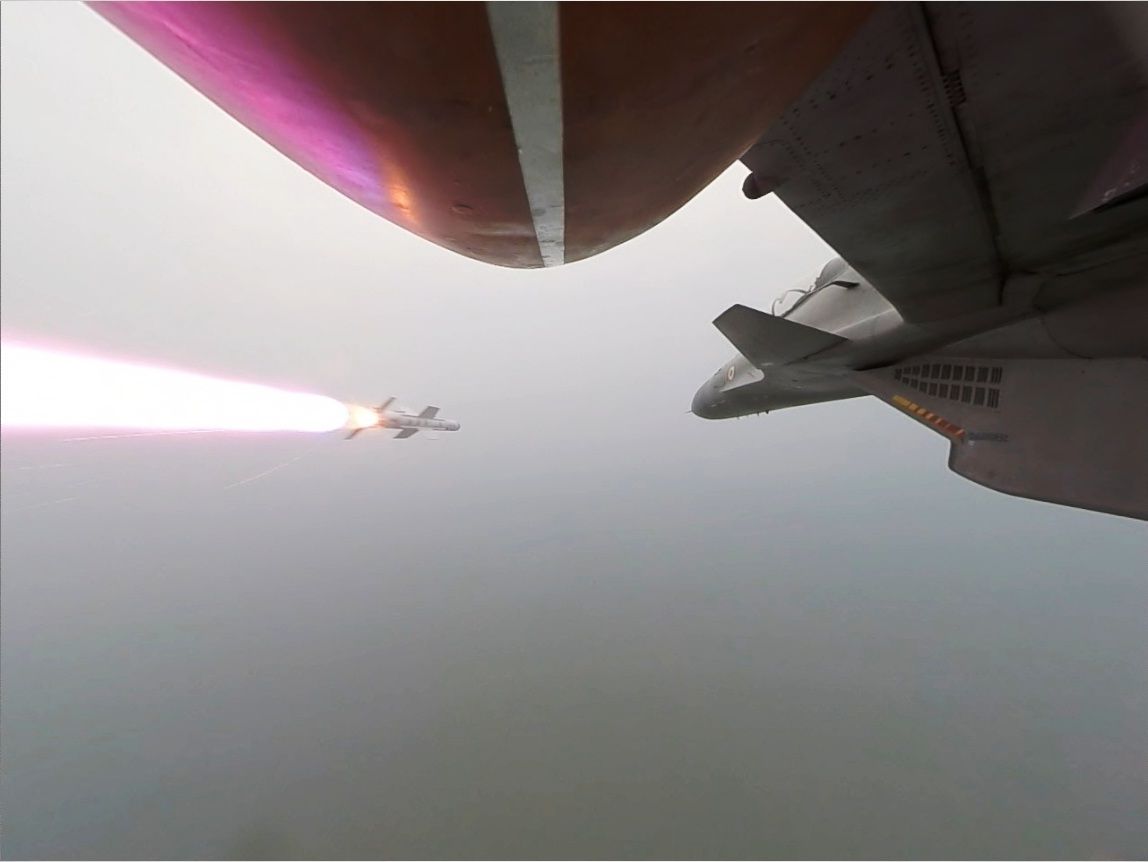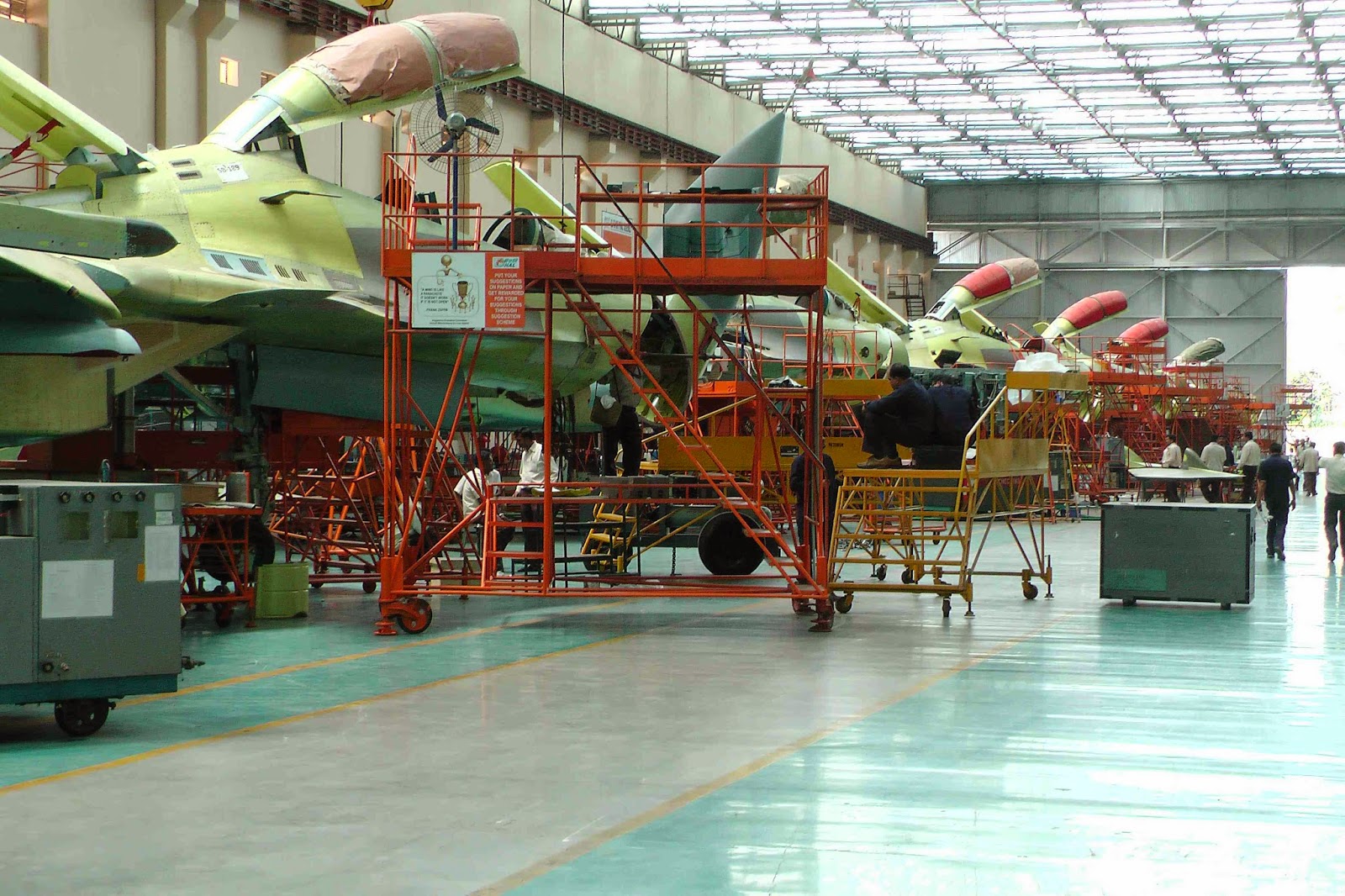THIS! is what I have been talking about with the Mig-29s, Sukhoi Su-30s, and soon it will be the PAK-FA, with a recent availability rate of 49-50% with a proven airframe and a much improved present availability rate of 57%, and a goal of 70%+
well,
there are many who say that the iaf is keeping the shukhois on the ground to force the government to buy the rafale
please note these quotes
the reasons for su30 MKI low availability is given below
1) piecemeal spare orders by the IAF .
2)impure fuel causing engine damage (solving this problem alone reduces engine problems by almost 50%)
one must also note that until 2013 hardly any problems were reported about the MKI,
it started when it became clear that the rafale deal signing will be delayed.
also it has not been reported that flankers in other nations are facing such problems.
By standard norms, a fighter fleet consumes five per cent of its worth in consumables and spares each year. By that benchmark the Su-30MKI fleet, currently worth about Rs 69,000 crore - 193 Su-30MKIs at Rs 358 crore a fighter - should consume spares worth Rs 3,450 crore annually. Yet, IAF orders from HAL add up to less than Rs 50 crore, including ground handling equipment.
Without competent inventory management by IAF, and with spares ordered piecemeal when defects arise, Su-30MKI fighters spend weeks on the ground awaiting spares.
Without competent inventory management by IAF, and with spares ordered piecemeal when defects arise, Su-30MKI fighters spend weeks on the ground awaiting spares.
To ensure that 13-14 per cent of the Su-30MKI fleet is not grounded for want of spares, HAL has stockpiled spares worth Rs 400 crore in Nashik. According to S Subrahmanyan, the chief of HAL's Nashik facility, the inventory is based on a study of consumption patterns of Su-30MKI spares over the preceding five years.
HAL says this buffer stock includes spares that are still purchased from Russia, because low consumption volumes make indigenisation non-cost-effective. Even so, non-availability of these spares could ground aircraft. Simultaneously, HAL has proposed to MoD that IAF must order spares required over a five-year period, stocking them at 25 Equipment Depot, IAF's holding depot for spares at Nashik.
Separately, HAL has offered the IAF "Performance Based Logistics" (PBL) for the Su-30MKI fleet - a solution common in advanced western air forces. PBL would bind HAL to maintain the Su-30MKI, providing the IAF a specified serviceability rate - calculated in flight hours, or as a percentage of the total aircraft fleet - in exchange for an annual service charge. Besides saving maintenance costs for the IAF, PBL has been found to encourage quality manufacture, since manufacturers know they will be responsible for keeping the aircraft serviceable through its operational life. MoD officials say IAF dislikes PBL model, because outsourcing maintenance to HAL threatens a large maintenance empire built around "base repair depots", manned by IAF personnel. In 2008-09, IAF rejected HAL's proposal for a PBL contract for maintaining the Hawk advanced jet trainer.
in all, there are 69 instances of engine failure in the last four years, the minister said. Inquiries by the Air Force have revealed that in as many as 33 instances, the engines failed because of impure fuel, in another 11 cases, the problem was caused by excessive vibration and in eight others, engine failures were reported because of low pressure in the lubricant tanks, the Defence Minister said. About five SU-30 MKI have crashed since 2009.













